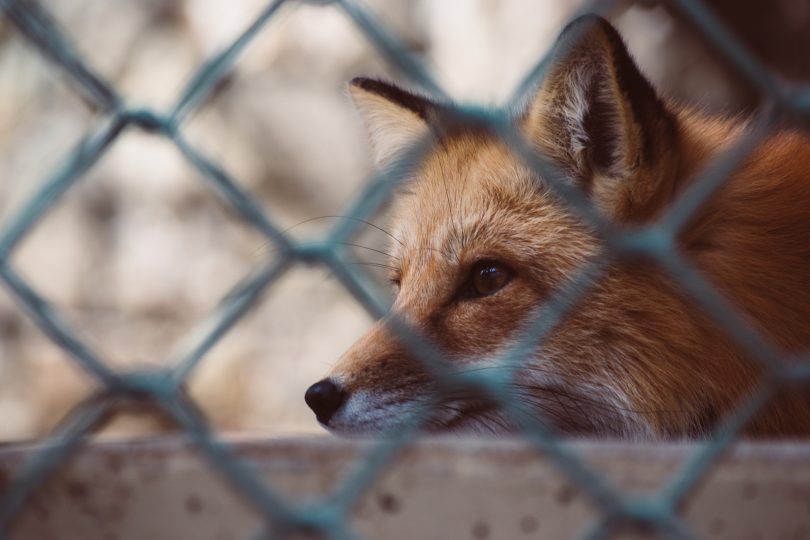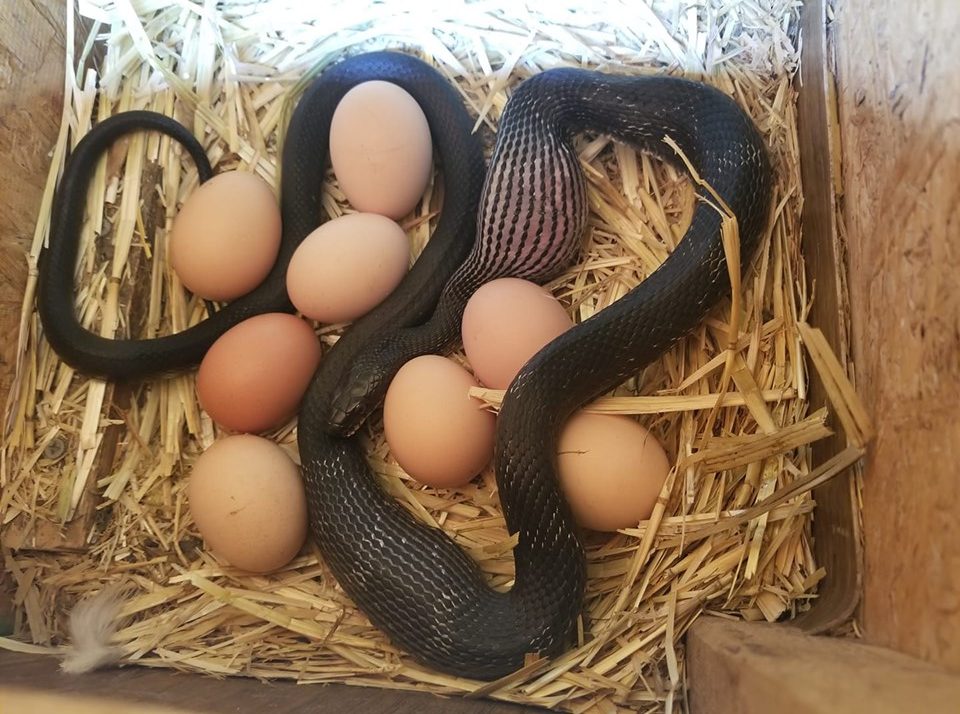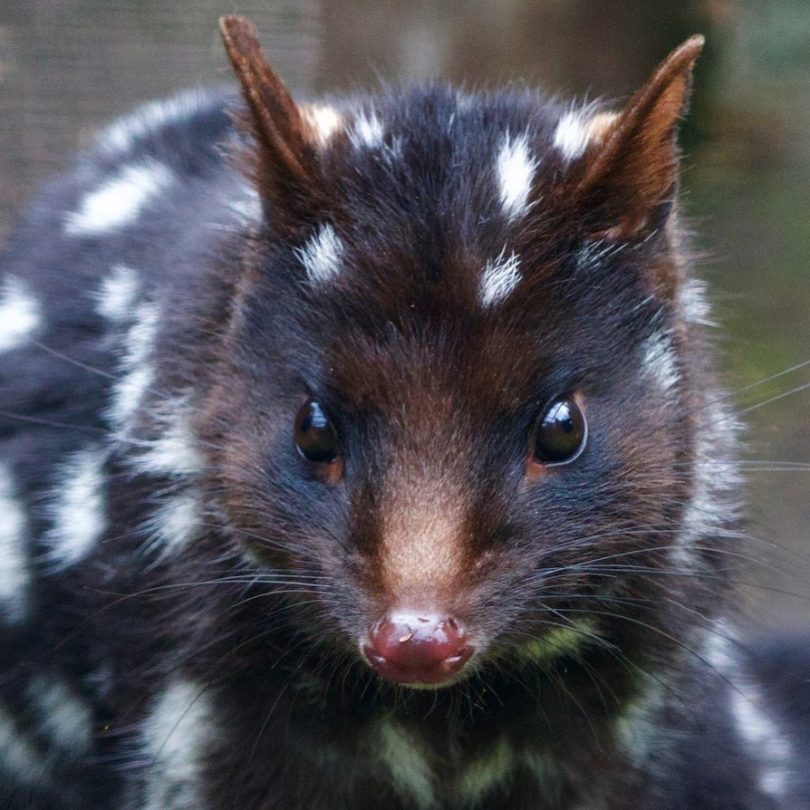
Foxes are most often single predators but can travel in pairs. Photo: Brett Sayles.
Chickens are such important critters in our lives, which makes dealing with predators a priority.
It’s up to you to protect your chickens and it all starts with physical chicken coop security. But who are the predators?
Snakes, goannas, quolls, hawks and eagles are common but no hunter is as efficient a killer as the fox.
Foxes are stealthy, tricky, very strong and can decimate your flock in one night – a shocking and heartbreaking thing to go through.
Winter is the ideal time for a fox to hunt. Long nights, windy conditions and humans safely inside make for ideal hunting conditions. And keep in mind, a fox will stake out your place for weeks prior to an attack.
Known plurally as a ‘skulk’ or ‘leash’ of foxes, their eyes glow green in torchlight instead of the red or orange of other animals. They are most often single predators but can travel in pairs.
Foxes have an amazingly good sense of smell (better than dogs) and more heightened senses generally which include whiskers on their face and legs to assist with navigation during nocturnal travels but they also hunt through the day.
They can travel 10 to 15 km from their den to find food and will map food sources by smell.
Foxes can thrive in cities where there are lots of hiding spots under buildings and plenty of food waste.
If you’ve got a fox skulking around, you can talk to your local council or Local Land Services who could assist with at trap and humanely dispose of a trapped fox.

Keeping on top of rats and mice and collecting eggs every day will reduce the prevalence of snakes. Photo: Jessica Morong.
Snakes are predominantly attracted by rodents and eggs and won’t usually eat a chook, though they would gulp down a young chick. Keeping on top of rats and mice and collecting eggs every day will reduce the prevalence of snakes.
Goannas are similar to snakes but will harm a sitting chook to get to eggs. If you do have a chook wounded by a goanna a slathering of honey to the wound will help to heal the nasty toxic wound.
Quolls, Tassie Devils and Goannas are protected animals so must not be harmed. You will need strong preventative measures to keep them out of your chicken coop.
If you have free ranging hens it can be more difficult to protect them against birds of prey, feral cats and dogs.
Rats and mice are attracted to easy access of chicken feed so keep your feed secure and don’t have surplus grains lying around in the coop.
On poisons, avoid using poison pellets and blocks. They make for a slow and awful death and you risk secondary poisoning to birds such as owls, hawks, your chooks and other critters.
Fortress Chicken… the best defenses:
- A strong and secure run and coop sleep-house with galvanised netting or mesh
- Floppy fence top facing outward if the coop is not fully covered
- 300 mm mesh apron facing outward at the base of the fence, foxes dig close to fence but can’t easily tunnel
- Keep your chicken feed secure and don’t leave food around
- Use double latches on chicken run and sleeping coop
- Electric fencing with a hot wire or wired chicken mesh
- Light activated coop door – www.coopsecure.com.au
- Fox lights are available online – a random sweeping strobe
- Predator sensor light – activated by movement close to the coop
- Urine and smell of people – hah! wee around your coop 🙂
- A good rooster will always keep one eye out for danger. If he spots anything, he’ll sound the alarm and gather his hens in a safe place. Listen for alarm calls
- Your family dog makes an eggcellent poultry protector and will alert you to predator threats. Your trusted pooch will hear a fox yelp and scream on a windy night and tell you there is danger afoot!
The chicken, in their dinosaur days, may have had the forest as protection. These days they are more exposed and need our help to stay safe.
In these drier times, with less natural bush foods around, your chook flock is a target for every sky and land based predator.
Is it time you upgraded your chook security?

Quolls are protected animals so must not be harmed. Photo: Violet Astor.
Cheryl Nelson is the brains and heart behind Natural Chicken Health.
Subscribe HERE to the Natural Chicken Health Monthly Newsletter Vlog and follow Natural Chicken Health on Facebook.







